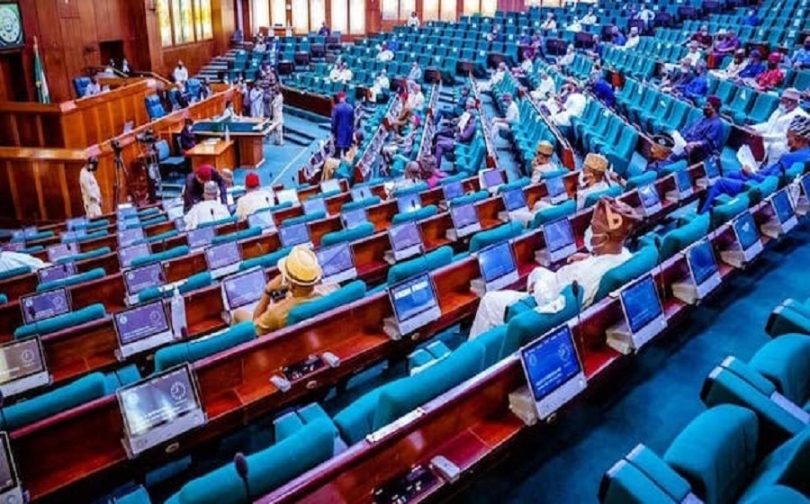The Socio-Economic Rights and Accountability Project (SERAP) has asked the Federal High Court in Lagos to stop the House of Representatives from procuring and taking delivery of 360 Sports Utility Vehicles (SUVs) worth N57.6 billion for its members, pending the hearing and determination of the applications for injunction filed by the organization.”
This is coming 10 weeks after the advocacy group filed a lawsuit against the Senate President, Godswill Akpabio and Speaker of House of Representatives, Tajudeen Abbas over “the unlawful plan to spend N40 billion on 465 exotic and bulletproof cars for members and principal officials, and N70 billion as ‘palliatives’ for new members.”
SERAP’s applications for interim and interlocutory injunction followed reports that the lawmakers are set to procure and take delivery of N57.6 billion SUVs. According to reports, each of the SUVs would cost taxpayers at least N160 million.
In the applications filed last week, SERAP is seeking
SERAP is also seeking
It would be recalled that SERAP in August filed the suit number FHC/L/CS/1606/2023 before the Federal High Court challenging “the legality of the spending of billions of naira by the National Assembly to purchase exotic and bulletproof cars for members and principal officials.”
SERAP has also sent an open letter to President Bola Tinubu urging him to “put pressure on the leadership of the House of Representatives and stop members from taking delivery of 360 sports utility vehicles (SUVs), pending the hearing and determination of the application for interim injunction.”
In the letter dated 21 October 2023 and signed by SERAP deputy director Kolawole Oluwadare, the organisation also urged the president to “put pressure on the leadership of the Senate and stop members from taking delivery of the planned procurement of bulletproof SUVs, pending the hearing and determination of the application for interim injunction filed before the Federal High Court.”
The letter partly reads,







